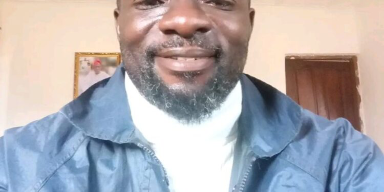Politics
Don’t just arrest streets beggars, adopt social welfare approach – Ndume tells Wike
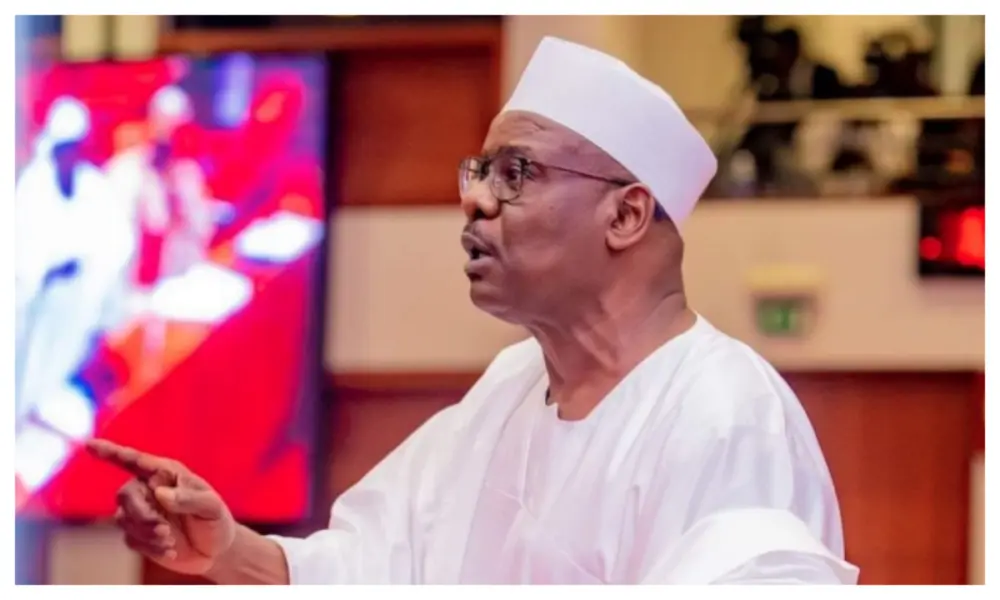
Senator Ali Ndume has called on the Minister of the Federal Capital Territory (FCT), Nyesom Wike, to adopt a more compassionate and sustainable approach in addressing the issue of street begging and homelessness in Abuja, rather than resorting to arrests and forced removals.
Ndume made this suggestion on Wednesday when the Minister of the Federal Capital Territory (FCT), Nyesom Wike, presented a N1.7 trillion 2025 statutory budget to the National Assembly on behalf of President Bola Tinubu.
Drawing inspiration from historical social welfare models, Ndume cited the example of Kano State in the 1970s, where vulnerable populations were identified, housed, provided with meals, and trained in vocational skills to foster economic empowerment.
“The FCT is also about the indigent,” Ndume said. “For the displaced people roaming around Abuja, it is not enough just to arrest them. What you need to do is what the Kano State Government did in the 1970s — identify the indigent and establish camps where they can be fed and trained so they can be taken off the streets.”
He proposed a transitional support system that includes shelter, food, healthcare, and skills acquisition as a long-term strategy to reintegrate the less privileged into society and eliminate the causes of street begging.
In addition to his social welfare recommendation, Senator Ndume also proposed a new security strategy for Abuja to curb the rising rate of crime. He recommended adopting a “picketing” method similar to one reportedly used in Cairo, Egypt, where police officers are stationed at 200-meter intervals throughout the city from 6:00 p.m. to dawn.
“At every 200 meters, there should be one police officer either sitting or standing there until morning. That way, the mere presence of the police secures the night,” he said.
Senator Ndume further expressed concern over the poor state of medical infrastructure in Abuja, particularly referencing Asokoro District Hospital, which he noted lacks critical diagnostic facilities such as MRI and CT scan machines.
“Even today, a patient was taken to Asokoro Hospital — they don’t have MRI or CT scan facilities. I don’t know if the Minister is aware, but if you are, I am sure you would have done something,” Ndume said.
In response, FCT Minister Nyesom Wike acknowledged the senator’s suggestions and the value of such social initiatives. However, he highlighted the logistical and financial limitations of the FCT administration in sustaining rehabilitation programmes.
“The FCT doesn’t have the capacity to support that kind of programme,” Wike stated. “Some of them, even when you support them, still come back to beg. It is not just about establishing a camp; it is about sustainable engagement and ensuring they stay off the streets.”
Wike added that while the intention is commendable, a lasting solution requires a multi-faceted, collaborative effort to address the systemic issues contributing to urban poverty and homelessness.
Politics
Electoral Reform: Dino alleges senate’s plot to rig 2027 election
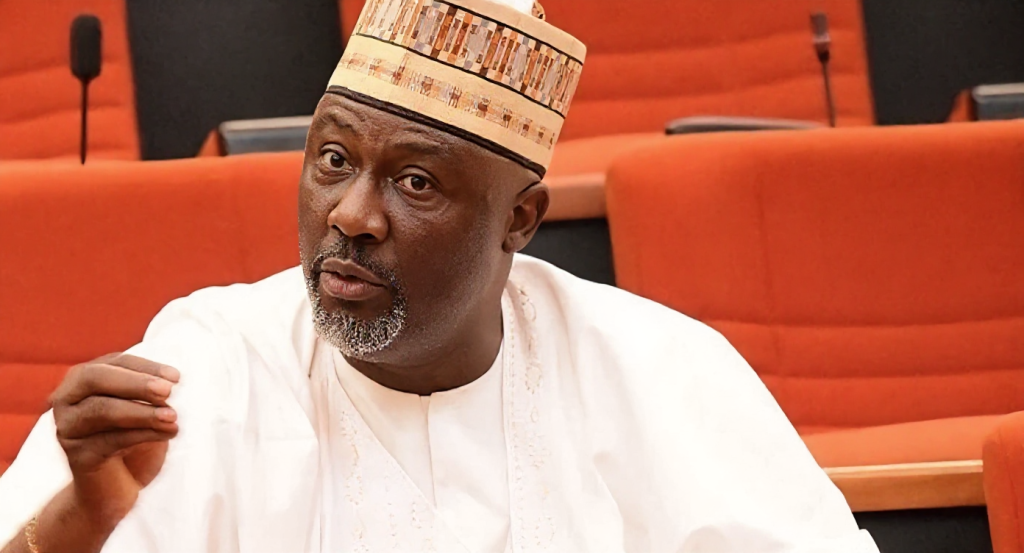
Former lawmaker, Dino Melaye Esq, has raised concerns over the Senate’s reported rejection of the electronic transmission of election results.
The move, according to Melaye, is a clear endorsement of election rigging and an indication of a sinister plan to rig the 2027 elections.
In a statement on Friday, the former lawmaker criticized the Senate’s decision, stating that it undermines the credibility of the electoral process.
The African Democratic Congress, ADC chieftain, also stated that the move opens the door for electoral manipulation and fraud.
He further warned that the rejection of electronic transmission of results is a step backwards for democracy in Nigeria.
Melaye called on lawmakers and citizens to stand up against “this blatant attempt to undermine the will of the people and ensure that future elections are free, fair, and transparent”.
Politics
Electoral Act: Nigerians have every reason to be mad at Senate – Ezekwesili
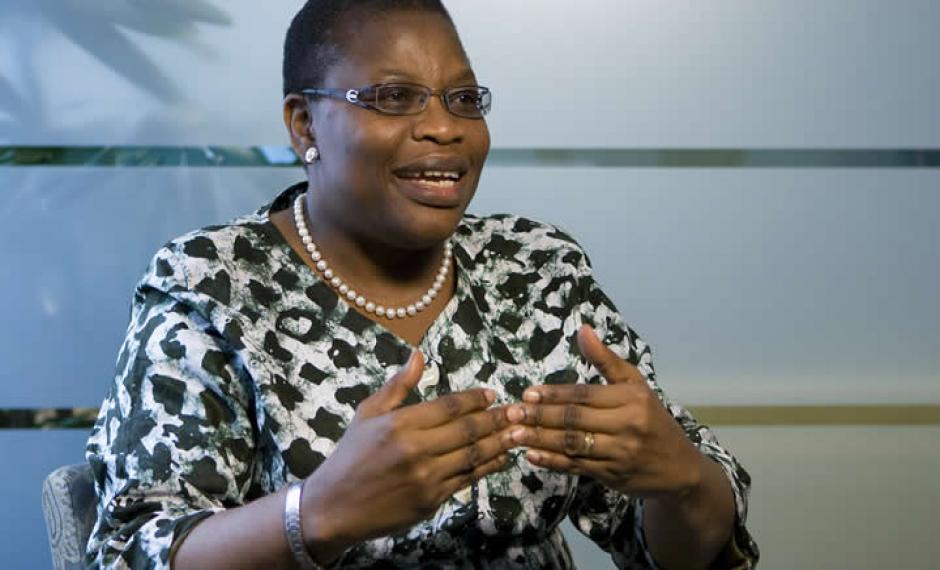
Former Minister of Education, Oby Ezekwesili, has said Nigerians have every reason to be mad at the Senate over the ongoing debate on e-transmission of election results.
Ezekwesili made this known on Friday when she featured in an interview on Arise Television’s ‘Morning Show’ monitored by DAILY POST.
DAILY POST reports that the Senate on Wednesday turned down a proposed change to Clause 60, Subsection 3, of the Electoral Amendment Bill that aimed to compel the electronic transmission of election results.
Reacting to the matter, Ezekwesili said, “The fundamental issue with the review of the Electoral Act is that the Senate retained the INEC 2022 Act, Section 60 Sub 5.
“This section became infamous for the loophole it provided INEC, causing Nigerians to lose trust. Since the law established that it wasn’t mandatory for INEC to transmit electoral results in real-time, there wasn’t much anyone could say.
“Citizens embraced the opportunity to reform the INEC Act, aiming to address ambiguity and discretionary opportunities for INEC. Yet, the Senate handled it with a “let sleeping dogs lie” approach. The citizens have every reason to be as outraged as they currently are.”
Politics
Electoral act: Senate’s action confirms Nigeria ‘fantastically corrupt’, ‘disgraced’ – Peter Obi
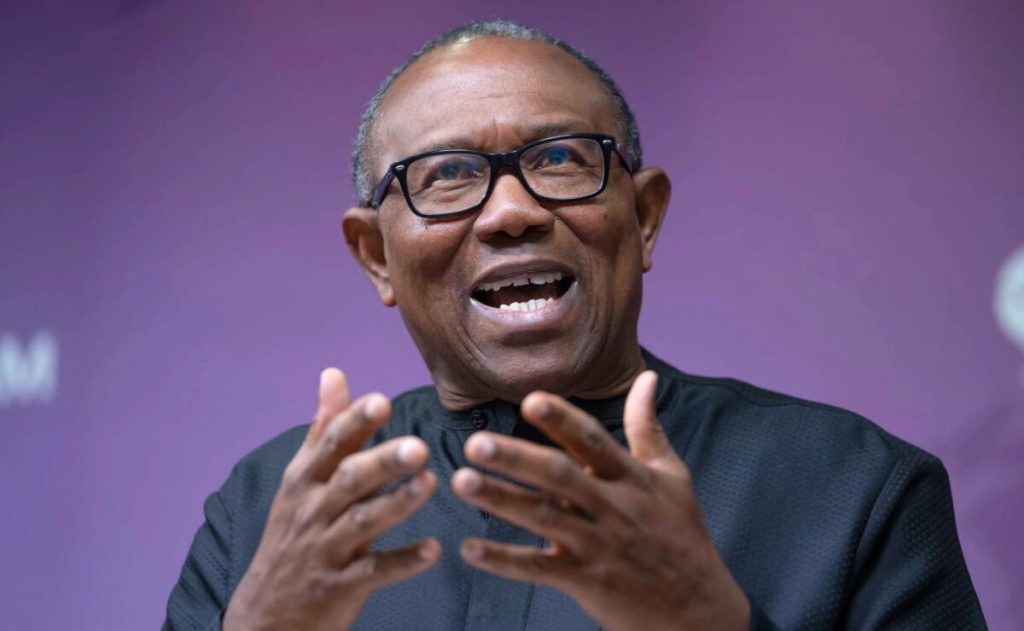
Former Labour Party presidential candidate, Peter Obi, has condemned the Senate’s refusal to make electronic transmission of election results mandatory, saying the move further exposes Nigeria as a fantastically corrupt and disgraced country.
Obi expressed his views in a statement shared on X on Friday, where he accused lawmakers of deliberately weakening Nigeria’s democratic process ahead of the 2027 general elections.
He explained that his reaction came after a brief pause to mourn victims of a deadly tragedy in Kwara State, where over 150 people reportedly lost their lives.
“Let us first pray for the souls of the innocent Nigerians lost in Kwara. That painful incident is why I delayed responding to the shameful development surrounding our electoral system,” he wrote.
Describing the Senate’s decision as intentional and dangerous, Obi said rejecting mandatory electronic transmission was not a simple oversight but a calculated attempt to block transparency.
“The Senate’s open rejection of electronic transmission of results is an unforgivable act of electoral manipulation ahead of 2027,” he said.
According to him, the action strikes at the heart of democracy and raises serious questions about the true purpose of governance in Nigeria.
“This failure to pass a clear safeguard is a direct attack on our democracy. By refusing these transparency measures, the foundation of credible elections is being destroyed. One must ask whether government exists to ensure justice and order or to deliberately create chaos for the benefit of a few.”
The former Anambra State governor linked the post-election controversies of the 2023 general elections to the failure to fully deploy electronic transmission of results, insisting that Nigerians were misled with claims of technical failures.
“
The confusion, disputes and manipulation that followed the 2023 elections were largely due to the refusal to fully implement electronic transmission,” he said.
He added that the so-called system glitch never truly existed.
Obi compared Nigeria’s electoral process with those of other African countries that have embraced technology to improve credibility, lamenting that Nigeria continues to fall behind.
“Many African nations now use electronic transmission to strengthen their democracy. Yet Nigeria, which calls itself the giant of Africa, is moving backwards and dragging the continent along.”
He criticised Nigeria’s leadership class, saying the country’s problems persist not because of a lack of ideas but because of deliberate resistance to meaningful reform.
“We keep organising conferences and writing policy papers about Nigeria’s challenges. But the truth is that the leaders and elite are the real problem. Our refusal to change is pushing the nation backwards into a primitive system of governance.”
Warning of the dangers ahead, Obi said rejecting electronic transmission creates room for confusion and disorder that only serves the interests of a small group.
He also recalled past remarks by foreign leaders who described Nigeria as corrupt, arguing that actions like this continue to justify those statements.
“When a former UK Prime Minister described Nigeria as ‘fantastically corrupt,’ we were offended. When former US President Donald Trump called us a ‘disgraced nation,’ we were angry. But our continued resistance to transparency keeps proving them right.”
Obi warned that Nigerians should not accept a repeat of the electoral irregularities witnessed in 2023.
“Let there be no mistake. The criminality seen in 2023 must not be tolerated in 2027.”
He urged citizens to be ready to defend democracy through lawful and decisive means, while also calling on the international community to closely monitor developments in Nigeria’s electoral process.
“The international community must pay attention to the groundwork being laid for future electoral manipulation, which threatens our democracy and development,” Obi stated.
He concluded by expressing hope that change is still possible if Nigerians take collective responsibility.
“A new Nigeria is possible but only if we all rise and fight for it.”
-
Business1 year ago
US court acquits Air Peace boss, slams Mayfield $4000 fine
-

 Trending1 year ago
Trending1 year agoNYA demands release of ‘abducted’ Imo chairman, preaches good governance
-

 Politics1 year ago
Politics1 year agoMexico’s new president causes concern just weeks before the US elections
-

 Politics1 year ago
Politics1 year agoPutin invites 20 world leaders
-

 Politics1 year ago
Politics1 year agoRussia bans imports of agro-products from Kazakhstan after refusal to join BRICS
-
Entertainment1 year ago
Bobrisky falls ill in police custody, rushed to hospital
-
Entertainment1 year ago
Bobrisky transferred from Immigration to FCID, spends night behind bars
-
Education1 year ago
GOVERNOR FUBARA APPOINTS COUNCIL MEMBERS FOR KEN SARO-WIWA POLYTECHNIC BORI







